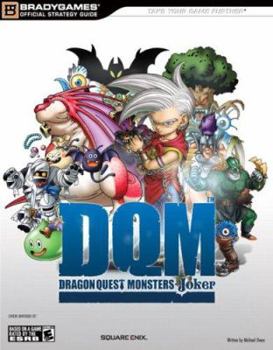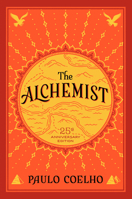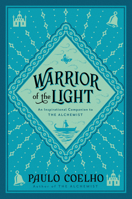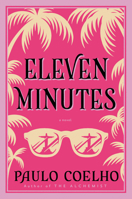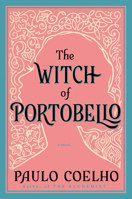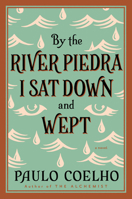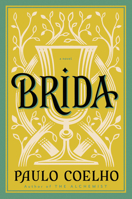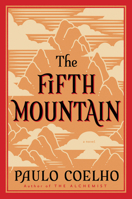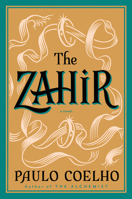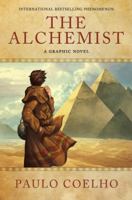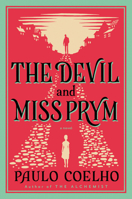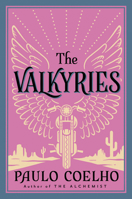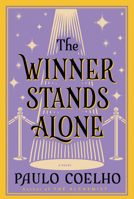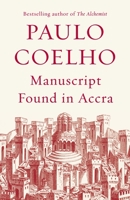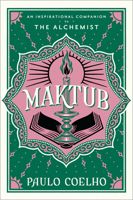Dragon Quest Monsters: Joker Official Strategy Guide
Select Format
Select Condition 
More by Paulo Coelho
Brazilian author Paulo Coelho broke sacred ground -- and crossed over into worldwide fame as an author -- with his symbolic masterpiece, The Alchemist. Since then, Coelho has dedicated his work to the ideal of helping people to follow their wildest dreams.
Book Overview
JOIN THE JOURNEY TO MAKE AN ARMY AND MAKE HISTORY Do you think you have what it takes to become the greatest monster scout? Join the ranks and gather your team, battle rival scouts, and overcome the perils of the Monster Scout Challenge. Win the Monster Scout Challenge and Unlock Side Quests Use our guide to scout the best monsters, learn skills, and uncover secrets. Arm Your Team with the Best Weapons and Items Navigate the Green Bays Archipelago Our easy to use maps point out all the important areas to discover. Discover the Secrets of Monster Synthesis Eliminate the guesswork and combine the best monsters for the best results. Platform: Nintendo DS Genre: Role-Playing GameThis product is available for sale in North America only." This description may be from another edition of this product.
Format:Paperback
Language:English
ISBN:0744009529
ISBN13:9780744009521
Release Date:November 2007
Publisher:Bradygames
Length:207 Pages
Weight:1.15 lbs.
Dimensions:0.3" x 8.7" x 10.8"
You Might Also Enjoy
Customer Reviews
5 customer ratings | 5 reviews
There are currently no reviews. Be the first to review this work.











